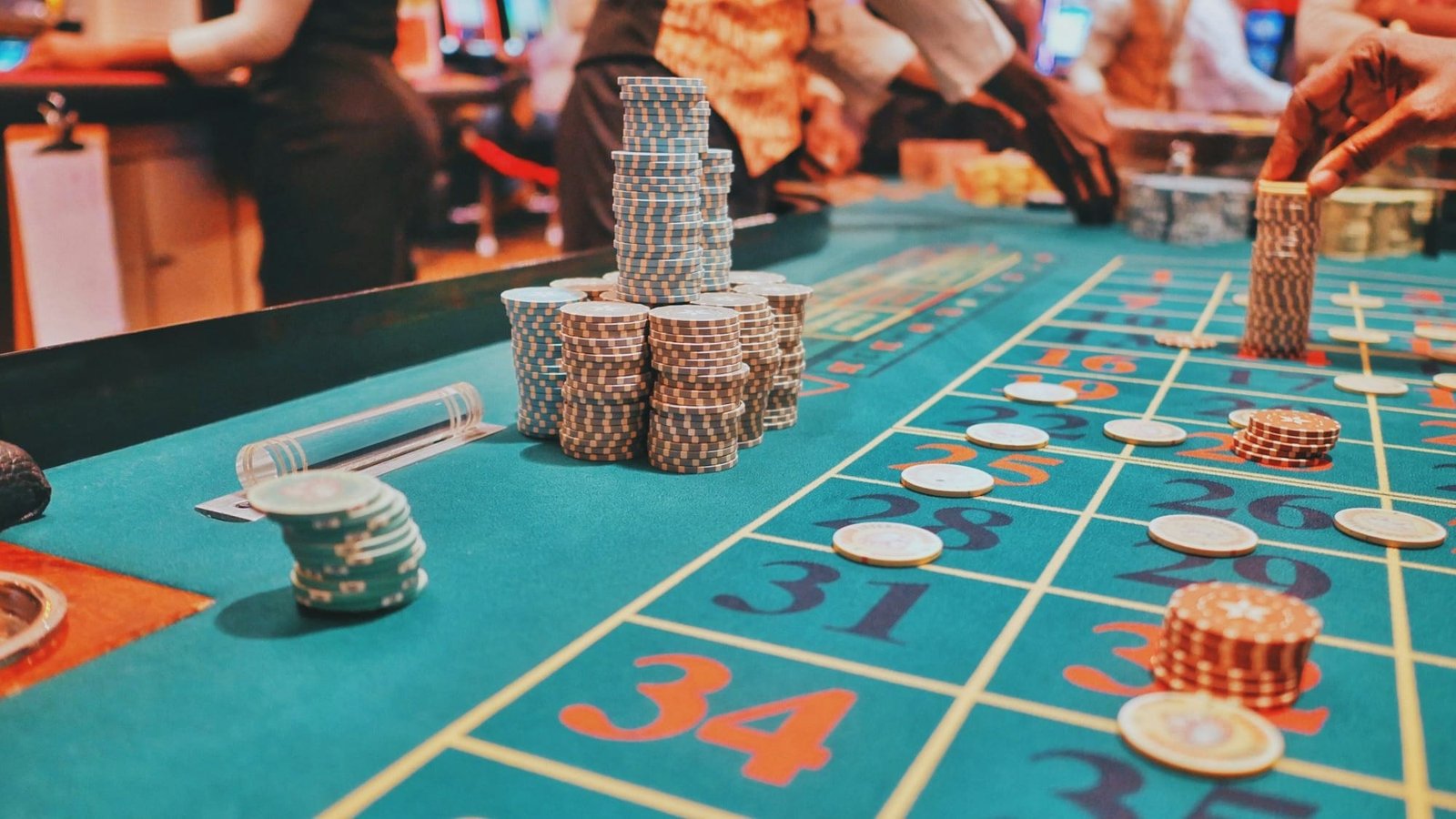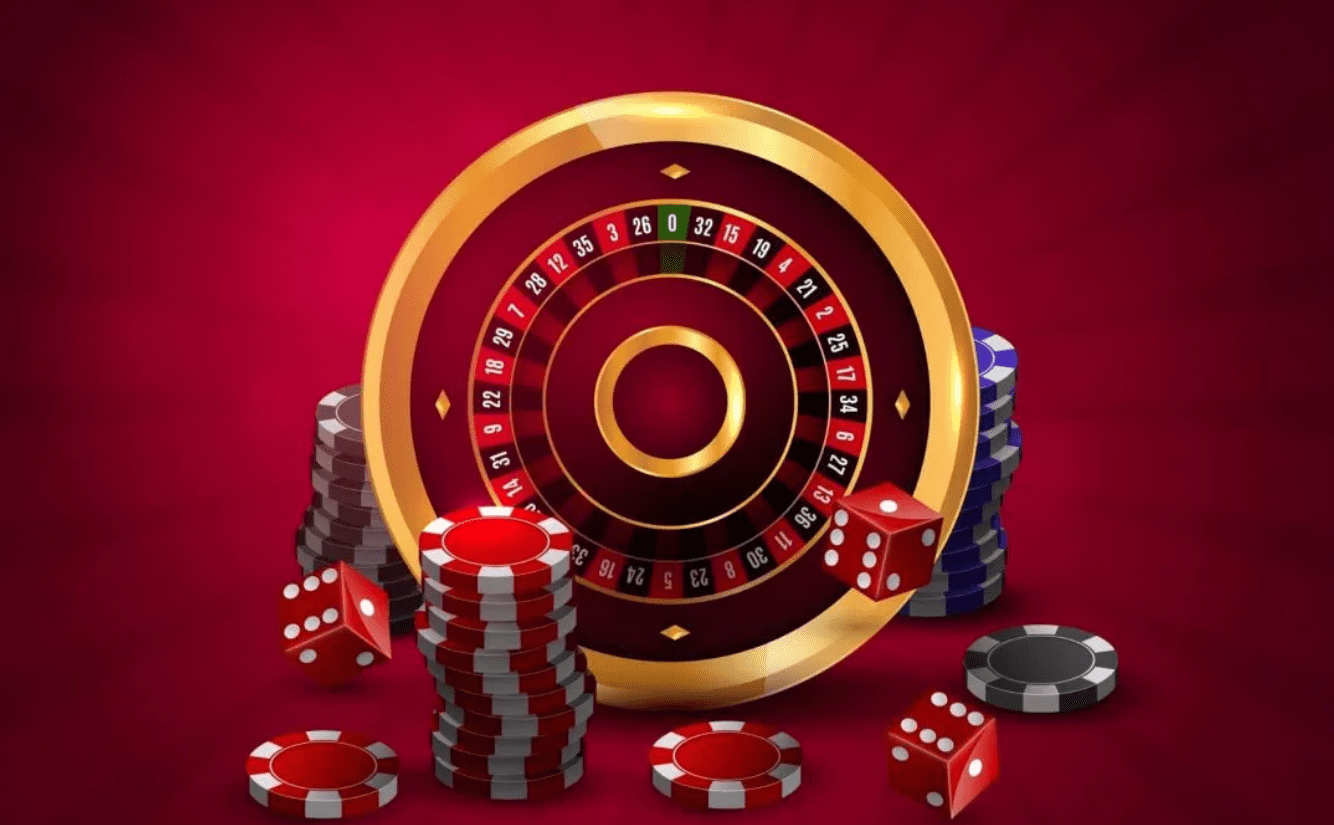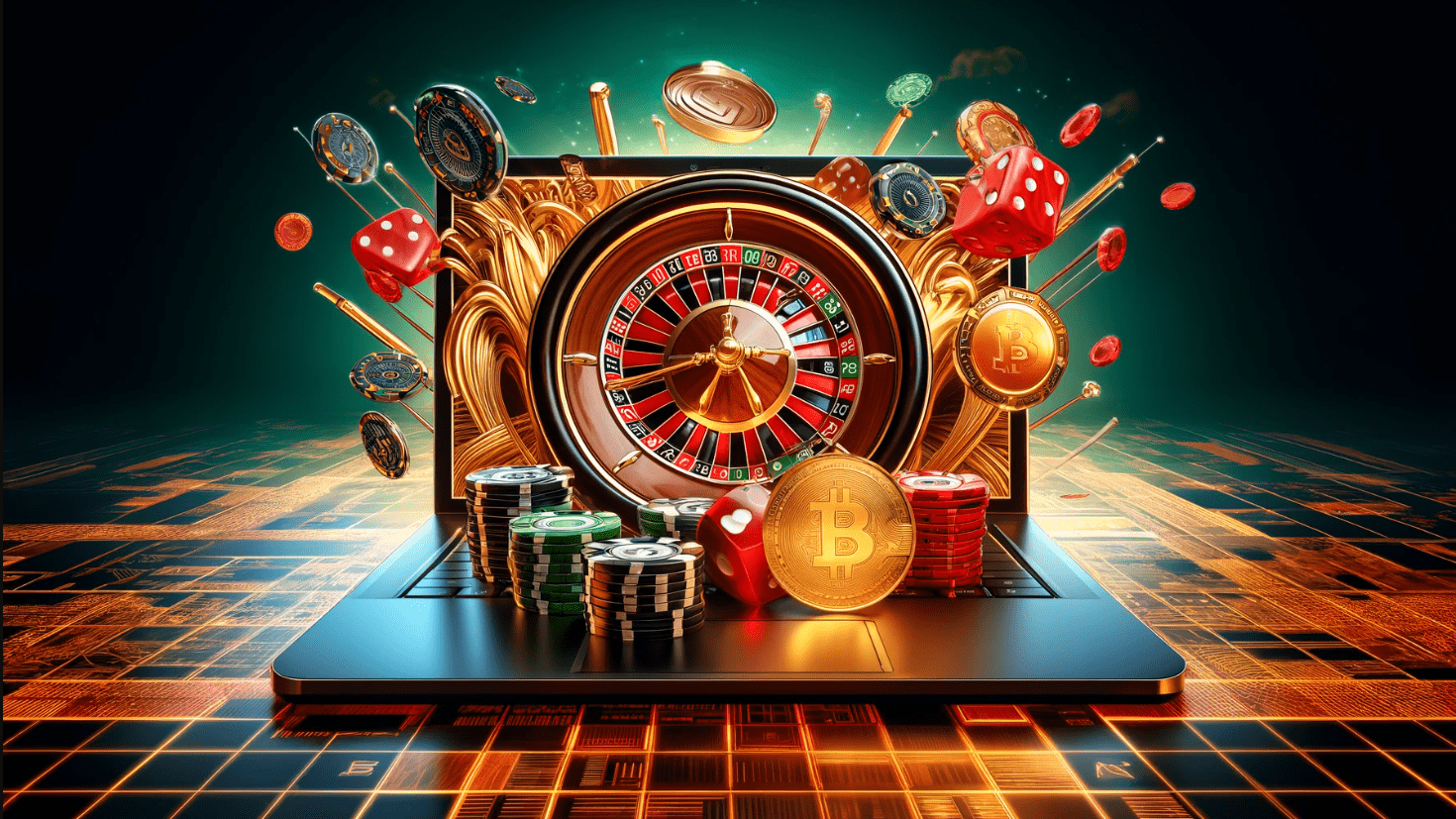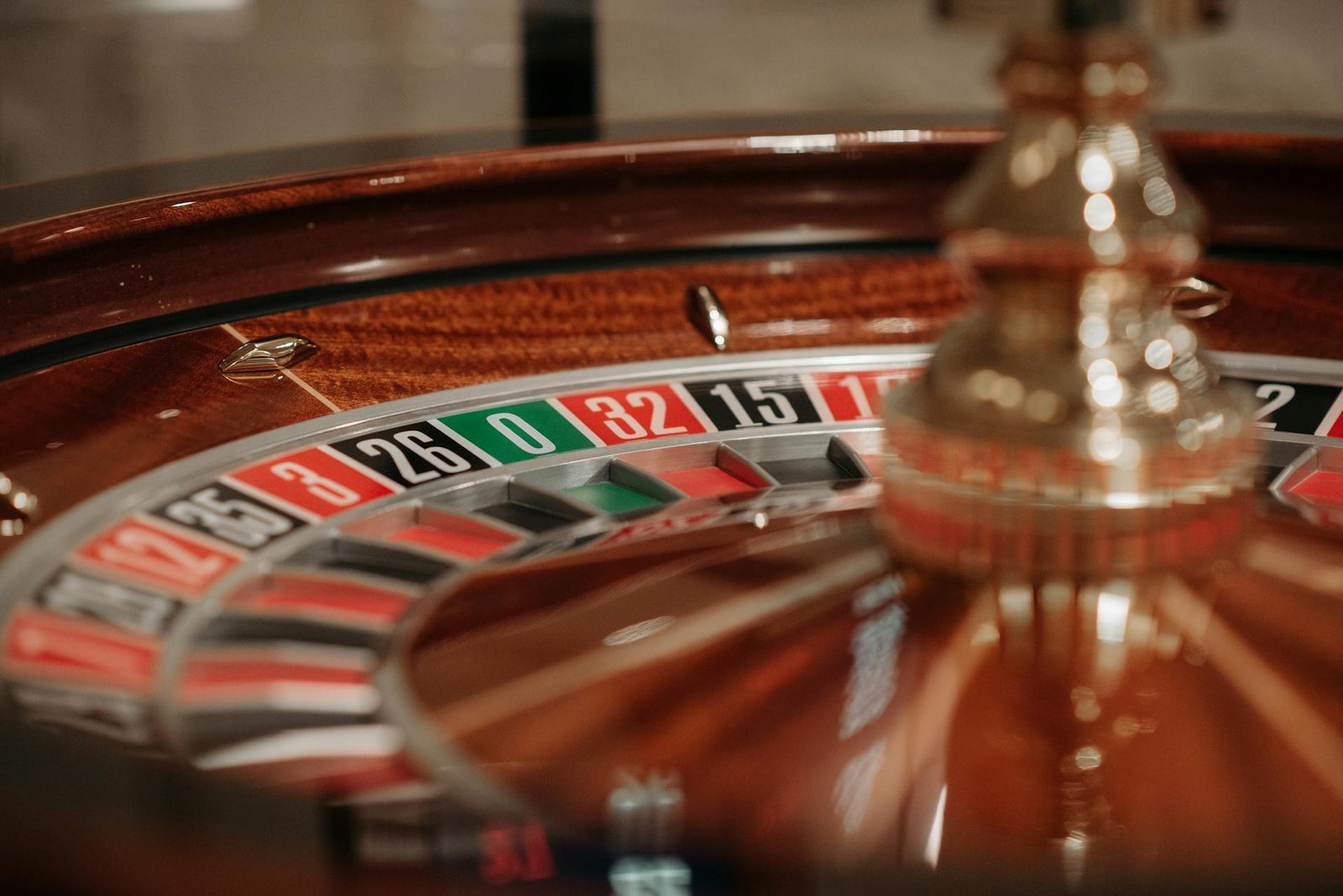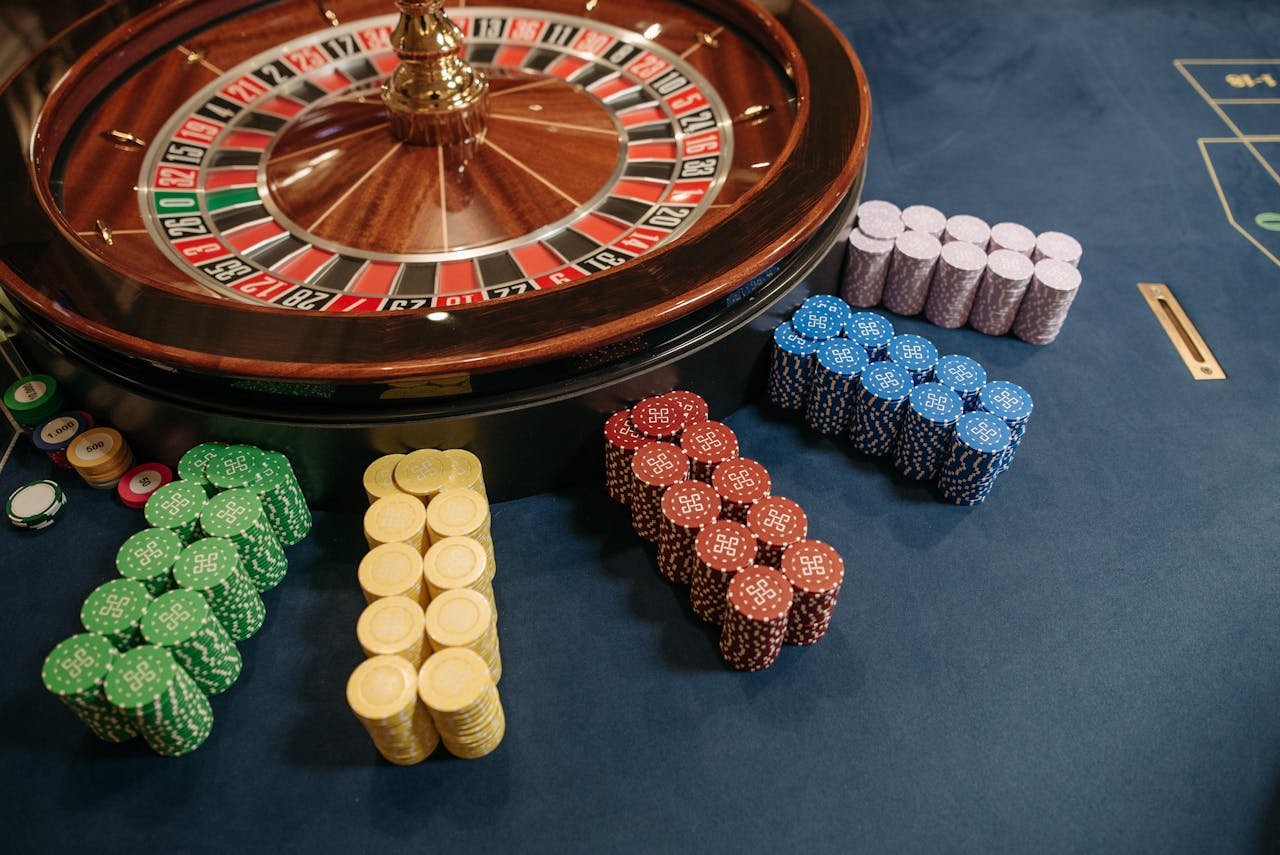What is the Difference between Stock Trading And Gambling in a Casino?
Stock trading involves analyzing market data and making informed decisions. Gambling in a casino relies purely on chance and
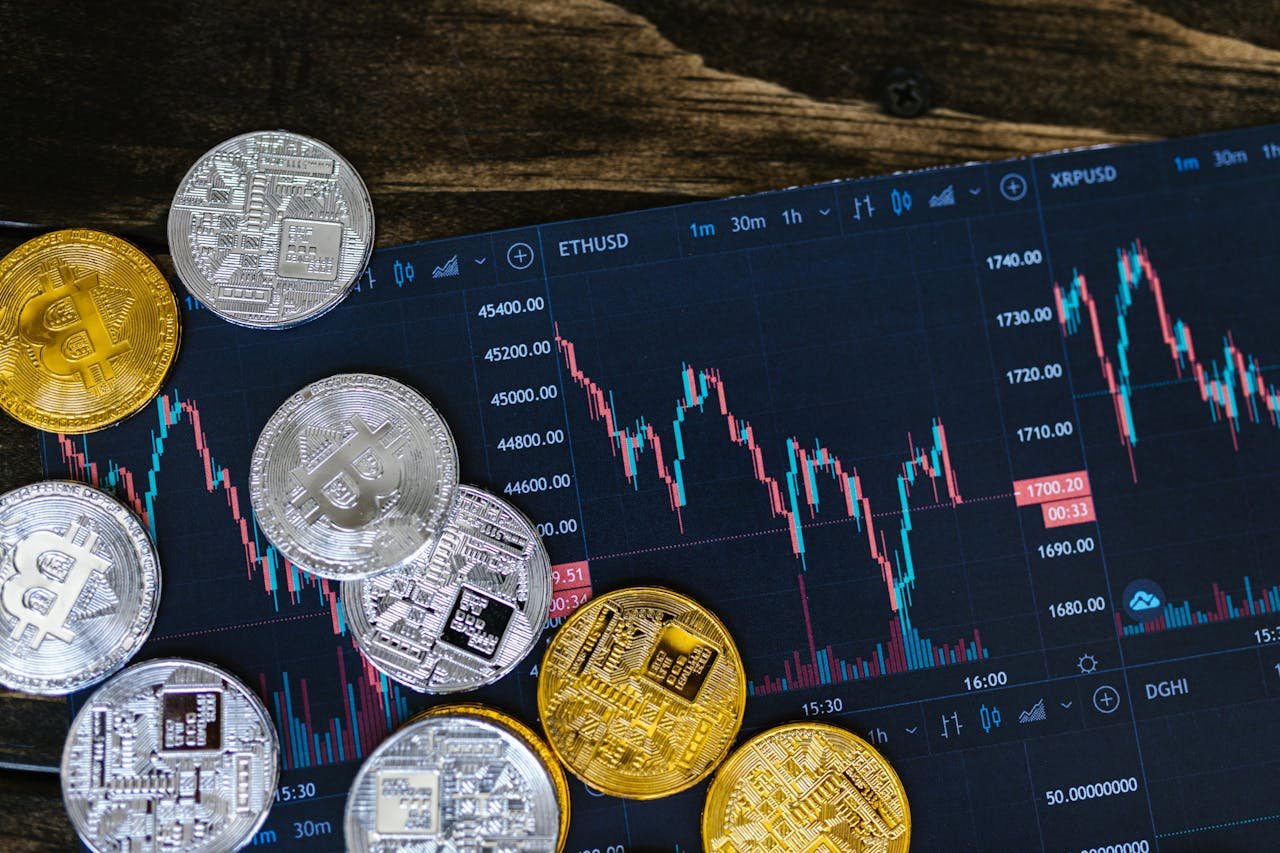
Stock trading involves analyzing market data and making informed decisions. Gambling in a casino relies purely on chance and luck.
Stock trading and casino gambling might seem similar due to their potential for high rewards and risks. However, they are fundamentally different activities. Stock trading is a calculated process where investors use data, trends, and financial reports to make informed decisions.
Traders aim to predict market movements based on historical performance and current events. On the other hand, gambling in a casino is based on chance, with outcomes largely unpredictable and not influenced by skill or strategy. Understanding these differences helps individuals make better financial decisions and manage risks more effectively.

Introduction To Stock Trading
Stock trading involves buying and selling shares of companies. Traders aim to profit from stock price changes. Stock trading is based on analysis and research.
Basic Concepts
Stock trading has some basic concepts. Shares represent ownership in a company. Stock exchanges are platforms where shares are traded. Stock prices fluctuate based on supply and demand. Dividends are payments to shareholders from company profits.
| Concept | Explanation |
|---|---|
| Shares | Ownership in a company |
| Stock Exchanges | Platforms for trading shares |
| Stock Prices | Fluctuate based on supply and demand |
| Dividends | Payments from company profits |
Market Participants
Several participants are involved in the stock market. Retail investors are individuals who buy and sell shares. Institutional investors include banks and mutual funds. Brokers facilitate trades between buyers and sellers. Market makers provide liquidity by buying and selling stocks continuously.
- Retail Investors: Individuals buying and selling shares
- Institutional Investors: Banks, mutual funds, etc.
- Brokers: Facilitate trades
- Market Makers: Provide liquidity
:max_bytes(150000):strip_icc()/thinkstockphotos-200325572-001-5bfc351446e0fb0083c239b7.jpg)
Fundamentals Of Gambling
Gambling in a casino involves games of chance. It’s about risking money in hopes of winning more. The outcomes are often unpredictable and based purely on luck. Understanding the basics can help you see why gambling is different from stock trading.
Casino Games
Casino games come in many forms. Some popular games include:
- Slot Machines: Players spin reels to match symbols.
- Roulette: Players bet on where a ball will land on a spinning wheel.
- Blackjack: Players aim to get a hand value closest to 21.
- Poker: Players bet on the strength of their card hand.
Each game has its own set of rules and odds. These games are designed to be entertaining and fast-paced. Winning is often a matter of luck rather than skill.
House Edge
The house edge is a key concept in gambling. It represents the casino’s advantage over players. The house edge ensures the casino makes a profit over time.
Here are some examples of house edge percentages:
| Game | House Edge |
|---|---|
| Slot Machines | 2% – 10% |
| Roulette | 5.26% |
| Blackjack | 0.5% – 1% |
| Poker | Varies |
The house edge means that over many games, the casino will win more money than it loses. This is why gambling is risky and often not profitable in the long run for players.
Risk Management
Risk management is crucial in both stock trading and gambling. It helps to limit potential losses and maximize gains. While both activities involve risk, the approaches to managing that risk are quite different.
Strategies In Trading
In stock trading, risk management involves using various strategies to protect investments. Traders often use stop-loss orders to limit losses. A stop-loss order automatically sells a stock when it reaches a certain price. This way, traders avoid losing more money than they can afford.
Another popular strategy is diversification. Traders invest in a variety of stocks, bonds, and other assets. This reduces risk because not all investments will fail at once. Diversification spreads risk across different sectors and industries.
Traders also use technical analysis and fundamental analysis. Technical analysis looks at past market data to predict future movements. Fundamental analysis evaluates a company’s financial health and market position. Together, these methods help traders make informed decisions.
Gambling Limits
In a casino, risk management is more about setting personal limits. Gamblers often set a budget for how much they are willing to lose. Once they reach that limit, they stop playing. This helps to prevent excessive losses.
Many casinos offer self-exclusion programs. These programs allow gamblers to ban themselves from the casino for a set period. This can help those who struggle with controlling their gambling habits.
Unlike stock trading, casinos often have built-in limits on bets. These limits can vary by game and by casino. For example, slot machines may have a maximum bet of $5, while a blackjack table might have a maximum bet of $100.
Gamblers can also use the strategy of quitting while ahead. This means stopping play when they have won a certain amount. This prevents them from losing back their winnings.
| Aspect | Stock Trading | Casino Gambling |
|---|---|---|
| Risk Management Tools | Stop-loss orders, diversification, analysis | Personal limits, self-exclusion, bet limits |
| Focus | Market data and financial health | Personal control and house rules |
Psychological Factors
Understanding the psychological factors behind stock trading and gambling in a casino is crucial. Both activities involve risk and reward but differ significantly in mindset and behavior.
Trader Mindset
Stock traders often exhibit a strategic mindset. They analyze market trends, study financial reports, and use data to make informed decisions. This requires patience and discipline.
Traders also manage their emotions. They avoid impulsive decisions and stick to their strategies. They understand the importance of long-term gains over short-term wins.
Successful traders often have a strong knowledge base. They continuously educate themselves about markets and financial instruments. This ongoing learning helps them adapt to market changes.
Gambler Behavior
In contrast, gamblers in a casino often rely on chance and luck. They may not use strategies or data to guide their decisions. Their primary goal is immediate excitement and quick wins.
Gamblers can be driven by emotions. They might chase losses or bet impulsively, hoping for a lucky break. This behavior often leads to unpredictable outcomes.
Unlike traders, gamblers may not focus on long-term outcomes. Their actions are often guided by the thrill of the moment rather than calculated risks.
| Aspect | Trader Mindset | Gambler Behavior |
|---|---|---|
| Decision-making | Data-driven | Luck-based |
| Emotional Control | Disciplined | Impulsive |
| Focus | Long-term gains | Immediate wins |
| Knowledge | Continuous learning | Minimal learning |
Understanding these psychological differences can help you make better financial decisions. Knowing whether your actions align more with a trader’s mindset or a gambler’s behavior can guide your approach to risk and reward.
Legal And Ethical Considerations
Stock trading and gambling in a casino have different legal and ethical considerations. Knowing these differences can help you make informed choices. This section covers the regulations and laws governing each activity.
Regulations In Trading
Stock trading is governed by strict laws. Regulatory bodies such as the Securities and Exchange Commission (SEC) oversee trading activities. They ensure fair practices and protect investors.
- The SEC requires companies to disclose financial information.
- Insider trading is illegal and punishable by law.
- Traders must follow ethical guidelines to maintain market integrity.
Casino Laws
Gambling in a casino also has regulations. Each country has its own gambling laws. Casinos must obtain licenses to operate legally.
| Country | Gambling Age | Regulatory Body |
|---|---|---|
| USA | 21 | State Gaming Commissions |
| UK | 18 | Gambling Commission |
| Australia | 18 | State and Territory Authorities |
Casinos must follow strict rules to ensure fairness. Rigged games are illegal. Regulators conduct audits to ensure compliance.
Frequently Asked Questions
Is Stock Trading The Same As Gambling?
Stock trading differs from gambling. Traders use research, analysis, and strategies. Gambling relies on chance and luck.
What Is The Difference Between Gambling And Trader?
Gambling relies on chance and luck, while trading involves analysis and strategy. Traders use data to make informed decisions.
What Are The Key Differences Between Investing And Gambling?
Investing involves analyzing data and making informed decisions for potential long-term gains. Gambling relies on chance with high risk and short-term focus.
Is Options Trading Basically Gambling?
Options trading is not gambling. It involves strategic decision-making, analysis, and risk management. Unlike gambling, traders use market data and research to make informed decisions.
Conclusion
Understanding the difference between stock trading and gambling in a casino is crucial. Stock trading involves analysis and strategy. Gambling relies on luck. Both activities carry risks, but they are fundamentally different. By recognizing these distinctions, you can make more informed financial decisions.
Always approach each with caution and knowledge.


